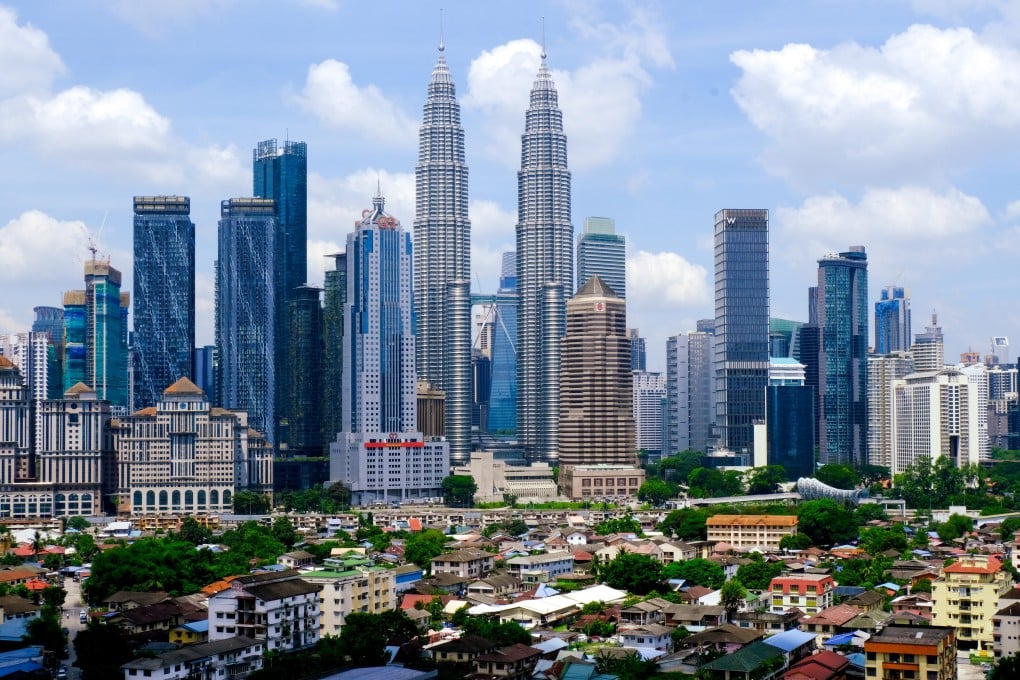Advertisement
Is Malaysia set to become a global start-up hub that can compete with Singapore?
- Malaysia has announced a goal to create five domestic US$1 billion ‘unicorns’ by 2025 as part of its plan to become a global start-up hub
- The goal comes years after Malaysia did a U-turn on its tech ambition when it sidelined the Multimedia Super Corridor scheme
Reading Time:3 minutes
Why you can trust SCMP
5

Kuala Lumpur is on the verge of making it onto the global start-up map, tech entrepreneurs say, but its ecosystem needs access to cash, talent and government backing to reach a breakthrough moment.
Malaysia’s government has ambitious targets to create five billion-dollar domestic ‘unicorns’ by next year as it seeks to retool its economy toward innovation rather than a reliance on natural resources and commodities.
Silicon Valley-based tech entrepreneur Damon Grow says local newcomers need “the right support and inspiration” to break it into the big league, which includes neighbouring Singapore.
Advertisement
Speaking to This Week in Asia ahead of the European start-up event ‘Slush’ in Kuala Lumpur’s Chinatown, Grow said Southeast Asia is the next growth centre of the world and Malaysia has a unique role in the heart of a region of hundreds of millions of people.
“What’s great about Malaysia is it has the population, everyone speaks English, it’s a melting pot of different cultures and different things and it’s just built for business,” Grow said.
Advertisement
Advertisement
Select Voice
Select Speed
1.00x